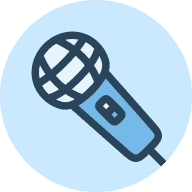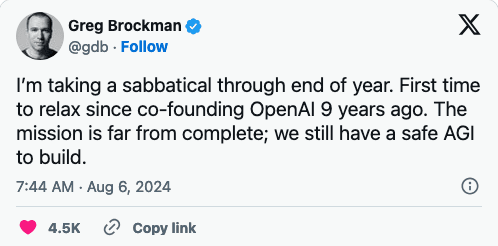
Powered. By ChatGPT?

Hey everyone! Just spent my evening yesterday dissecting this fascinating interview with Scott White (Product Leader at Anthropic) about how they build AI products, and wow - there's some really interesting stuff in here. Let me break down the key insights:
First, something I found fascinating: Anthropic splits their product org into FOUR teams (not the usual product/eng split):
But here's what REALLY blew my mind - AI product development is COMPLETELY different from traditional software. Here's why:
Their product development process is wild too. Instead of the usual agile stuff, they:
The most interesting part to me was their take on "doubling down on surprises." Like, when they built their artifacts feature, it started as an internal prototype that people just fell in love with. They saw how people were using it in ways they never expected and just leaned into that.
Here's what I found most counterintuitive: They're actually NOT focused on efficiency gains (like most AI companies). Instead, they're all about enabling entirely new forms of creation. Scott gave this great example of building a side-scrolling dinosaur game in 5 minutes - something he'd never have been able to do before.
Hot take: I actually think this might be why Anthropic is pulling ahead in some ways. While everyone else is focused on "AI make thing faster," they're thinking about "AI make new thing possible."
Also interesting: The future vision isn't just "better AI." They're thinking about Claude as an expert co-worker who can help you do what would've taken a team of experts weeks to do, but in days instead.
Advice for builders (straight from Scott):
Honestly, this completely changed how I think about AI product development. I used to think it was just "regular product but with AI" but it's a whole different game.
Questions for discussion:
TLDR: Anthropic's product development is WAY different from traditional software. Focus on early prototypes, double down on surprises, and think about enabling new forms of creation rather than just efficiency.
Finest product post I came across on GV so far. Thanks for sharing this.

Powered. By ChatGPT?

Hi Grapevine,
I'm Ajitesh Abhishek, Co-Founder & CEO of Tough Tongue AI & Archie AI. Tough Tongue AI helps professionals p...
Hey Ajitesh, have 2 questions - mostly related to your decision to move to the US and come back to India 1. Why did ...



As the title says. Happy to answer any questions you might have about starting up, raising capital, or scaling up your business.
Bit of background in tier 2 college. Running startup for 5 years. Have never invested in one. Team of ~40....